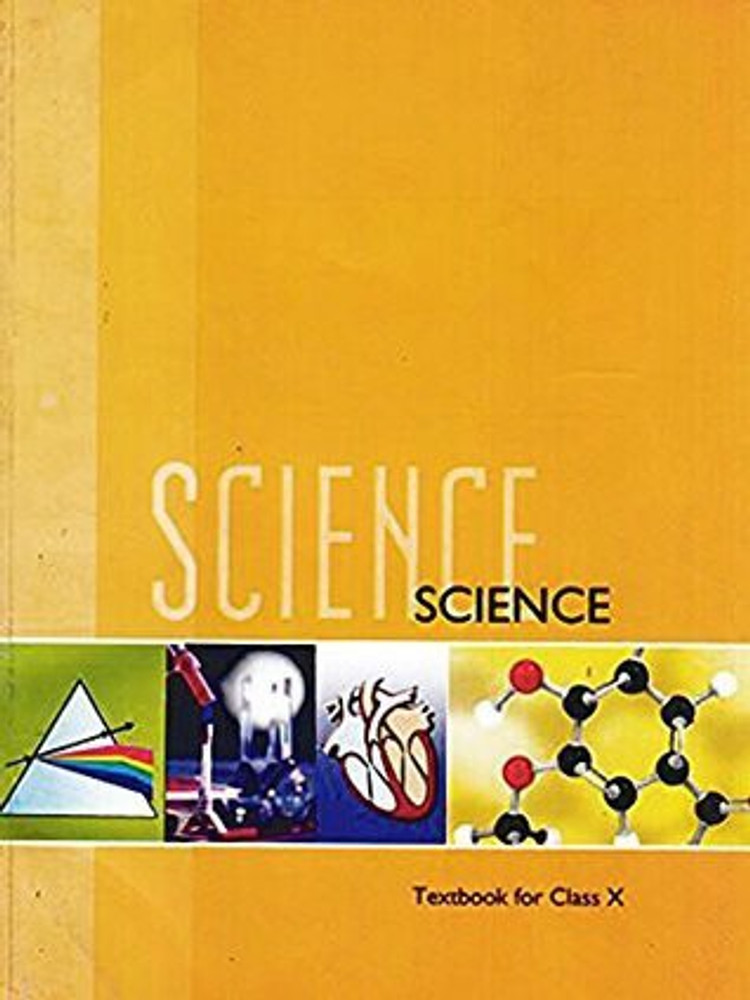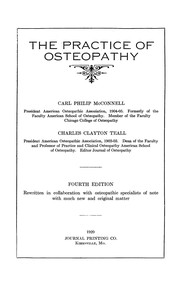Is Cheese Enough To Meet Your Daily Protein Needs? Experts Are Saying This...
Cheese is delicious and full of protein, but there are a few things you need to consider. These expert tips could save you from long-term health issues.

Cheese. It's creamy, gooey, and oh-so-versatile, making it a favourite for so many. Whether it's on top of a pizza or in a sandwich, its rich taste and texture have earned it a spot in kitchens around the world. In India, the cheese aisle is loaded with options - from soft paneer to sharp cheddar - catering to every taste. But beyond its melt-in-your-mouth goodness, cheese is packed with protein, making it a go-to for anyone after a wholesome ingredient. But can cheese alone fulfil your daily protein needs? Can you rely on it to support a balanced diet? Let's dig into it.
Also Read: What is Feta Cheese? 6 Reasons Why You Should Include It In Your Diet

Photo: iStock
Is Cheese Enough For Your Everyday Protein Needs?
Short answer: No. While cheese does pack some protein, there's a catch. Nutritionist Amita Gadre explains that despite its protein content, cheese isn't your ultimate protein source, mainly because of its high fat and sodium levels. Take parmesan, for example. It might have 38 grams of protein per 100 grams, but it also comes with 29 grams of fat. And even low-fat paneer has 20 grams of protein, but also 22 grams of fat.
So, Is Cheese A No-Go?
Definitely not! According to nutritionist Amita Gadre, cheese can still be part of your diet, but moderation is key. The trick is to pick the right kind. And stay away from processed cheese. Ayurvedic health coach Dimple Jangda breaks down why:
1. Long Shelf Life
Processed cheese is loaded with preservatives, emulsifiers, and artificial colours. In fact, leave a slice in your fridge for six months, and it'll still look the same. That's a clear sign of how chemical-heavy it is.
2. Packed With Sodium
One slice of processed cheese can have around 400 milligrams of sodium. This can contribute to high blood pressure and raise the risk of heart disease.
3. Stripped Of Nutrients
Processed cheese loses a lot of its nutrients, especially calcium. Instead, you're left with preservatives, additives and unhealthy fats.
If you still want to enjoy cheese, opt for homemade varieties or fresh ones that don't last forever.

What's The Best Way To Eat Cheese?
It might seem fine to eat cheese on its own, but that's not the healthiest choice. Gadre recommends pairing cheese with fibre-rich foods like vegetables and whole grains to make it a more balanced meal. And to make sure your body gets enough protein, don't just rely on cheese. Add chicken, fish, dals, eggs, or tofu to your regular meals.
Also Read: Homemade Cheese Powder Recipe: This Yummy Powder Will Amp Up Your Meals












)



























































